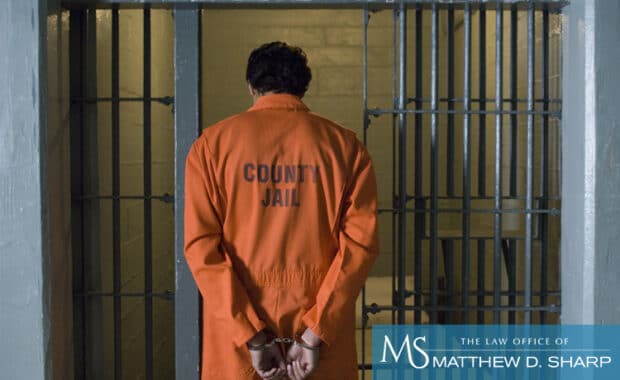In the state of Texas, a threat to commit violence can be prosecuted as a terroristic threat. Nevertheless, a criminal charge for a threat that is terroristic in nature has little or nothing to do with global terrorism. Allegations often involve threats of violence against public officials, but Texas prosecutors can also charge individuals if they even threaten to commit violence against another person or their property.
The Worst Kind of Threat
A terroristic threat is a type of assault crime. It is against the law to threaten someone with bodily injury or otherwise cause a victim to fear for their personal safety. It is not even necessary for a person to be placed in imminent danger for a suspect to be prosecuted under Texas law. Rather, the Texas Penal Code emphasizes the intent of the offender to cause fear or injury.
This crime may be committed even if the offender lacks the capability to carry out a threat of violence. Typically, threatening words against another person will be charged as a Class B misdemeanor, punishable by up to six months in jail and a fine of no more than $2,000. Intimidating a family or household member is a Class A misdemeanor and can result in a sentence of up to one year in jail and a fine of no more than $4,000.
Threatening Public Entities
Threats against a government or volunteer agency with emergency response capability is a crime. Intimidation against an administrative body for the purpose of causing imminent fear or danger in relation to public meeting places, places of assembly and facilities with public access may also be prosecuted as a terroristic crime. The same can be said of threatening violence against public communications, vehicles of any kind, places of employment or public services.
Placing a substantial portion of the public in fear or attempting to coerce state or federal officials with promises of harm can also be prosecuted as a felonious crime. A terroristic threat that causes a company to suffer a loss of at least $1,500 can also be prosecuted as a felony.
To hear more about this type of criminal accusation, schedule a meeting with The Law Office of Matthew D. Sharp at 713-868-6100.




